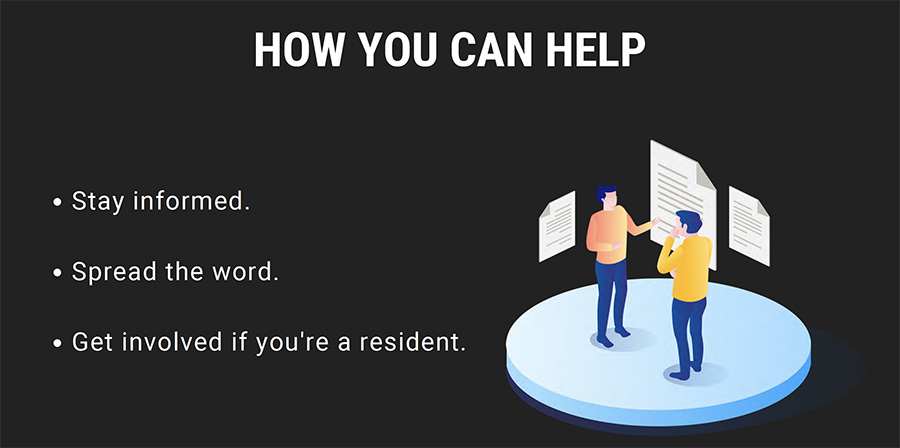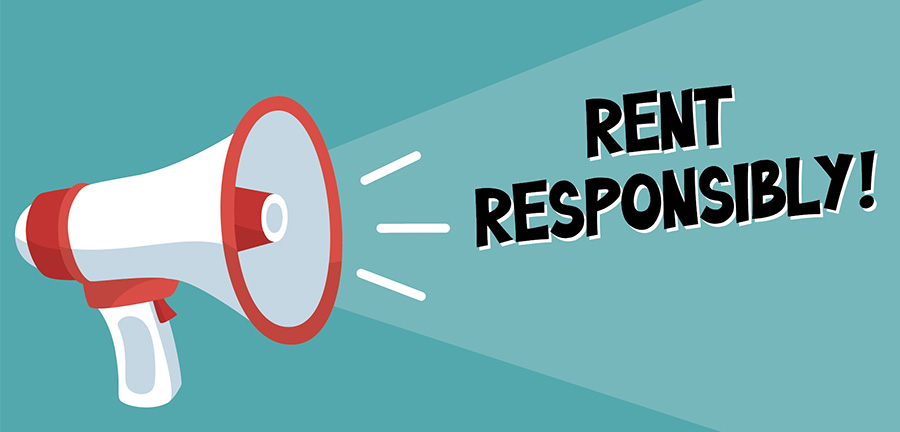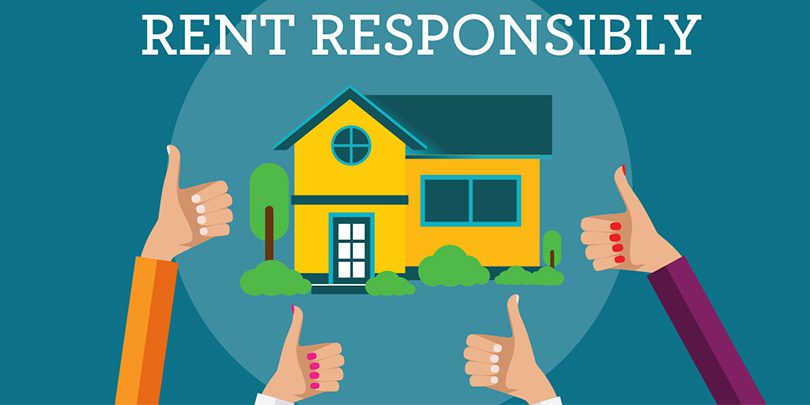Since the first season of the pandemic in 2020, Cape and Islands rental homeowners have enjoyed a strong and successful rental market. Demand has continued to run high, and rates have risen considerably as a result.
It is necessary, however, to be aware of some important concerns that have arisen in the region, in part, as a result of the strong vacation rental market.
After addressing the issues below, we’ll take a look at what you can do to help mitigate their impact on the future of the Cape and Islands community and the STR market here.
The Recent Growth of the STR Industry
The short-term rental industry has seen many changes in the past few years, starting in 2020, when demand for vacation rentals went through the roof.
The demand was fueled not only by “regulars” returning to rent a home in their happy places on the Cape and Islands. But in our recent survey, 12% of vacationers said that they had never rented a vacation home pre-Covid. So, these people became converts when they discovered the advantages of staying in a vacation rental, further driving up demand.
In addition, low interest rates and the hot sales market during the two years of the pandemic resulted in a record number of home buyers. Many of them purchased homes at a high price and then put them on the rental market to defray their costs.
And more recently, many homeowners who had decided not to rent their home during the pandemic have returned to the rental market.
All of these factors contributed to more rentals being made available as well as many more vacationers wanting to rent homes.
The Housing Crisis
As the popularity and number of vacation rentals increased, the number of homes available for year-round residents has markedly decreased – to the point that there is now a real housing crisis on the Cape and Islands.
The high cost of homes has made it almost prohibitive for many year-round residents to buy a home. The median sales price on the Cape is now $850,000; on the Vineyard, it’s $1.3 M; and on Nantucket, it’s a whopping $3.3M.

How does this affect vacation rental owners?
The housing crisis has, in turn, created a staffing crisis. Many teachers, health care workers, and other professionals are turning down job opportunities due to lack of affordable housing. This is especially prevalent on the Islands where the demand for essential services like plumbers, electricians, and home repair providers far exceeds their availability.
The shortage of housing often forces people who do try to make a living there into unsafe living situations and even homelessness. And many residents who find a home to rent in the winter are displaced during the summer months when the owner can rent the home on a weekly basis much more profitably.
Some good news on the staffing front is that the Department of Homeland Security announced that it has doubled the number of H-2B visas for 2023. They’ll be announcing the allocation of these visas early next year, which would give businesses time to address their staffing needs.
But these temporary workers need to be housed, too. Our office often receives inquiries for seasonal housing from young people who are coming to the Cape or Islands to work in the summer. Of course, we have to tell them that most homes on our site are rented by the week and would be too expensive for them.
Anti-STR Sentiment
So, where does the increased popularity of vacation rentals and the housing crisis leave the short-term rental business in the eyes of many Cape and Islands residents?
Some people feel that restricting STRs would ease the housing crunch. They blame investors for scooping up the dwindling housing stock.
Other residents are resentful of the disruption to the neighborhoods and complain about noise, loud parties, and too many cars blocking roads or parking illegally. Some even suggest that owners shouldn’t be able to rent for just a few days at a time, even in the off-season. And on Nantucket, an anti-STR organization proposed a restriction on the number of weeks a home could be rented each season.
In some towns, both on the Cape and Nantucket, residents have lobbied to ban short-term rentals from areas that they consider to be residential and reserved for either year-round residents or second homeowners. So far, these restrictions haven’t been approved, but it’s important to be aware of the growing antagonism towards STRs.
Town Registration Programs
The tremendous growth of the STR industry, and the resulting community backlash against them, has prompted many towns to increase regulation of them. In many cases, there is already an annual fee and restrictions on occupancy limits. In addition, some towns require a home inspection before you can rent, and the homeowner often is required to pay the inspection fee.
Other towns with no current regulations are seriously considering imposing them.
Here is a list of towns that currently require a registration fee, but you should check with your town to learn the details.
No need to panic
Despite the negative impacts on the region created in part by the explosion of STRs, most reasonable people in the community appreciate the great value they provide as well. The vacation industry is the backbone of the Cape and Islands economy, and severely restricting short-term rentals would be counterproductive.
What can homeowners do?

- Try to be part of the solution, not the problem.
- Be aware of what’s going on and the growing concern about STRs.
- Get involved in your community in any way you can (politically if you are a local resident). Get to know your neighbors and value them.
- Screen your guests well to discourage partying and large, boisterous groups. Using a “book direct” site like ours allows you to be more selective about who you rent your home to.
- Be specific and thorough in your communications with your guests, detailing what’s expected of them when they’re at your home and on their departure.
- Put your demands right in your lease, linking a failure to comply with a loss of security deposit funds.
- Consider installing technology that monitors and protects your home and neighborhood (noise/water detection, keyless entry, remote temp control, security cameras). Take advantage of the added deterrent factor – vacationers looking for a party home will think twice if they’re aware of the monitoring devices in your home.
- Be aware of the impact your home has on your fragile environment.
As a company, we are often asked by the media how we feel about the growth of the short-term rental industry. As has been the case for decades, many of our homeowners have rented their home for years – responsibly and successfully. Some of them are renting until they can retire and live here full time. We fully support this pattern of ownership and use. We do worry, however, that the rise in investor purchases is harmful to our housing-strapped communities.








It’s essential that owners, tenants, and most importantly lawmakers, appreciate the difference between type 1) owners who rent their second home residence as a means to subsidize their costs of ownership and type 2) owners who are investors for profit.
As type 1) owners for 40 years now we make every effort to impress upon our tenants that our home is a residence within a residential neighborhood and they are expected to be mindful of behavior with respect to parking, noise, guest, etc. Along with our residential neighbors, we do not want our neighborhood to retain its ambiance.
We believe that type 2) owners would rent to whichever tenant pays the highest amount without concern for tenant behavior effect on the neighboring residences.
We understand that municipalities need revenue but feel that it would be responsible for lawmakers to differentiate between type 1) and type 2) owners. A tiered tax rate based on the number of rental properties would be fair and hopefully would minimize the influx of investor rental properties to a community.
Kathleen, I agree that there is a distinction between the typical vacation rental homeowner and an investor who purchases a home for the sole purpose of generating rental income. The short-term rental lodging tax put into effect in 2019 includes an additional tax stating that a town can assess an additional 3% Community Impact tax if the homeowner owns more than one rental home in the same town. This tax was designed to discourage investors. More and more towns are approving this tax.
This is a question I didn’t ask at the zoom last Tuesday. My mother added a kitchen and garage in the ‘80s to the house I now own and rent summers. Underneath the addition is an unfinished 1-bedroom apartment. When I started to rent the main structure, I mention to the agents I was renting with that I could finish off the apartment and use it myself during the summer. They were horrified. Would this still be true?